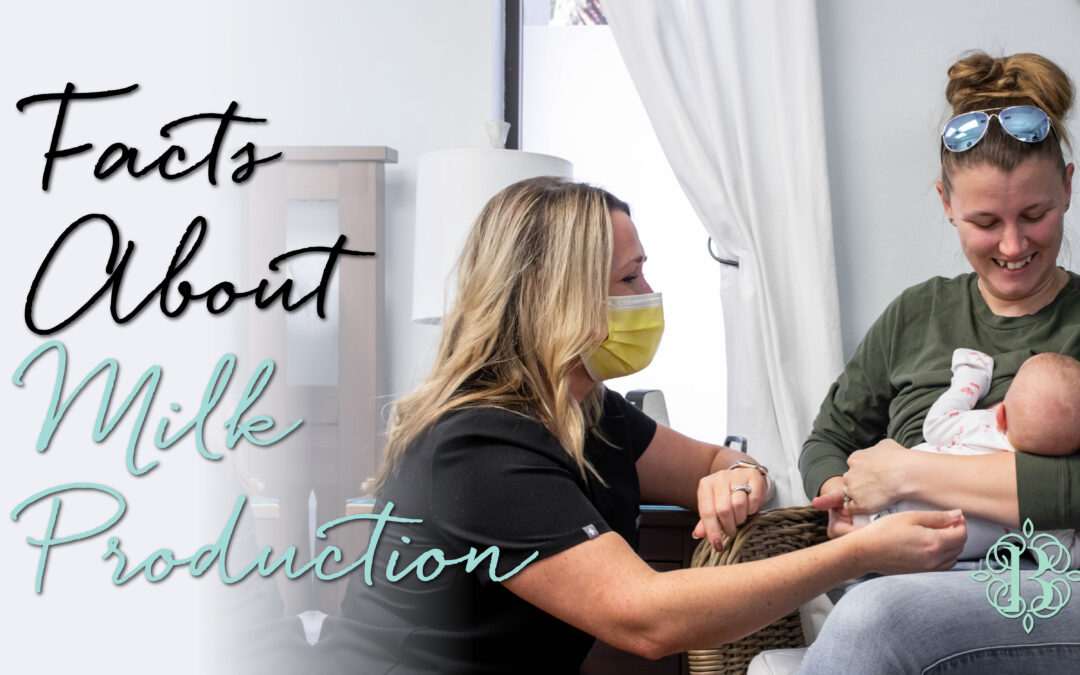Breast milk production, like childbirth, is another miraculous thing that women are capable of. Mothers lactate to produce milk to meet the baby’s needs. Continue reading to learn more interesting and essential facts about milk production.
How does milk production work?
Milk production is all about the structure of the breast, and how different parts protect, produce, and transport milk.
Inside the breast, connective tissue and ligaments cushion and support the breasts. One of these is the glandular tissue containing the alveoli (milk glands) and the milk ducts. It is also called the milk-making tissue.
The ducts transport the milk produced in the glands through the breast to the nipple and to the suckling infant. When the baby latches on to the areola, a signal goes to the mother’s brain to produce and release milk.
Does eating more help produce more milk?
A healthy diet does help with lactation, but there is no particular quantity or diet that makes more milk.
Some research shows certain foods change the taste of the milk you produce. These include mint, garlic, and onions. In some cases, the change in taste makes the baby suckle more, and as a result, you produce more milk.
Which nutrients are needed for milk production?
Several nutrients help mothers produce milk. These include:
- Carbohydrates
- Amino acids
- Fatty acids
- Minerals
- Vitamins
Try to consume a balanced diet with vegetables, fruits, grains, protein, and some fat. And don’t forget water (64 to 96 ounces every day).
What causes low breast milk production?
While lactation is natural, so is low milk production. The top reasons include:
- Waiting too long to start breast-feeding
- Infrequent breast-feeding
- Supplementing breastfeeding
- Ineffective latch
- Certain medications
- Breast surgery
Studies show that low milk supply affects up to 15 percent of mothers. It is also one of the top reasons why mothers see lactation consultants.
When Should I See a Lactation Expert?
There is no ideal time to see a lactation consultant. Even if you have breastfed children before, anyone can benefit from a refresher and get expert help. Most commonly, mothers approach lactation experts during the first few weeks of breastfeeding.
That said, it is never too late to seek help. Talk to your healthcare provider about finding someone who can help as soon as possible if you need some extra support!

